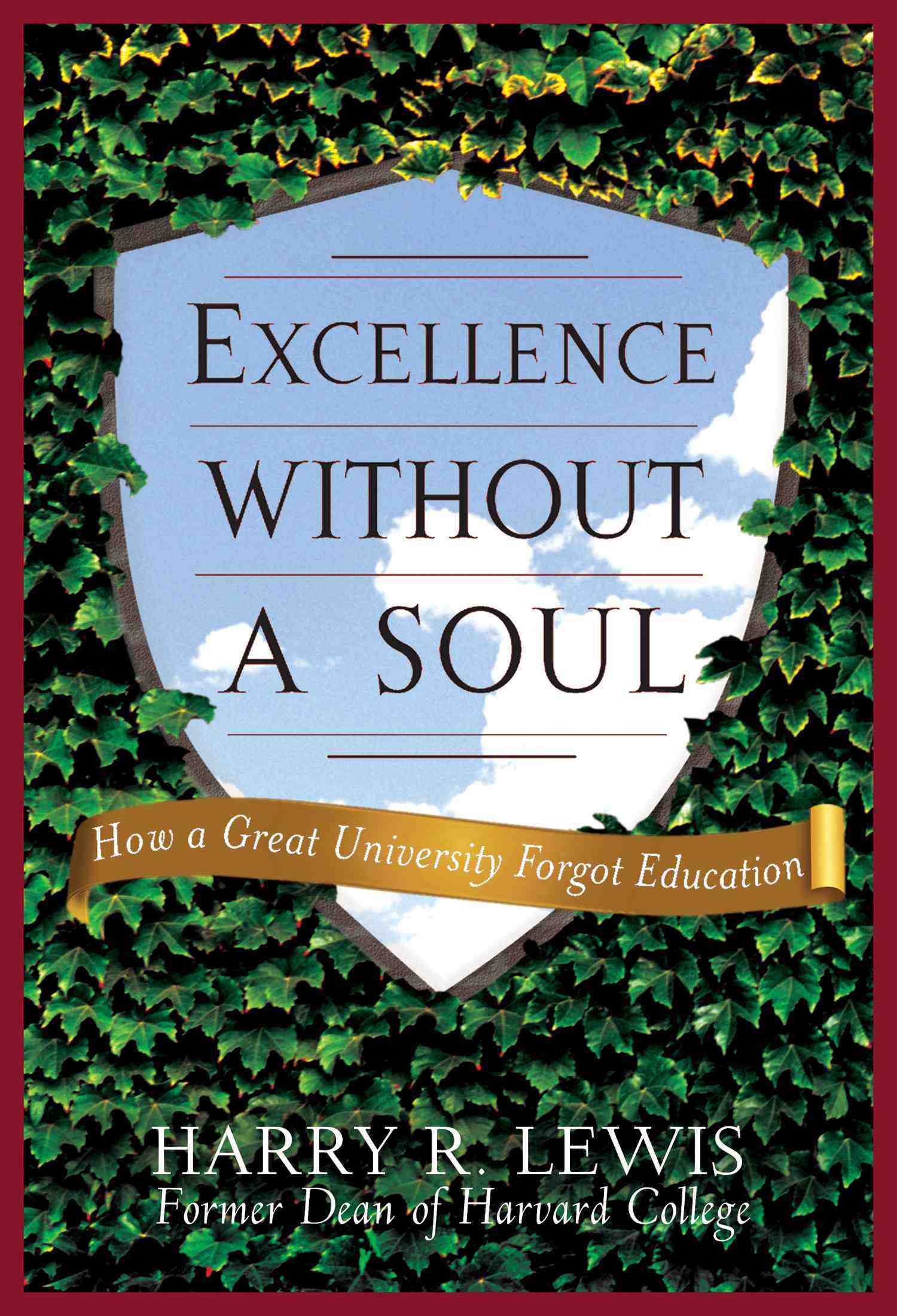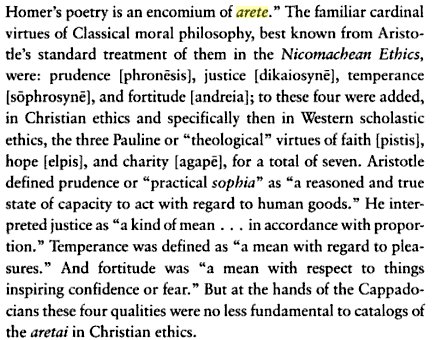Several years ago, a friend of mine who shares a strong interest with me in both issues of college transition and basketball (I add that just as an interesting but irrelevant aside), bought me this book for my birthday. We were buying birthday books for each other for a while and then quit because it was hard to find books for another that we had not already read or bought but had not read. Those books that sit on shelves waiting like a girl asking to be danced with…I guess that is a quaint practice no longer the case. Not only do girls no longer wait to be asked to dance, now some proposition boys to do the grind and more.
On Friday at school, I was proctoring a test. After getting things underway, there was little to do but stare at the kids taking the test. And, that gets to be boring after about five seconds. So, I brought this book into read and knocked off about 40 or so pages. Although still getting into the meat of the tome, I already see the outline developing, like one does with the flat pieces of a puzzle that frame the outside.
The title of the book actually is very telling. I hardly think it possible to have excellence without a soul. The author seems to suggest that how we define excellence creates soulessness. Harry Lewis is a former Dean of the Harvard College (the undergraduate division of Harvard University) and thus was eminently qualified to write such a book. Harvard University is the premier university in America and the telling of her story from humble beginnings as a training school for ministers of the Christian Gospel in the 1600’s to her pre-eminent place at the perch of what is considered the highest echelon of universities in the 21st century world, it is a story that must be contemplated and considered when thinking about what being educated really means. This is actually a pretty difficult question, full of practical problems. And Harvard University is a case exemplar.
When attending Millersville University back in the 1980’s, a university considerably lower in the pecking order of great schools, I encountered a book in the shelves of the library whose title and author has been long forgotten. But, there was a word in the book that has stuck with me and it is Arete. It is a Greek word for excellence. As I remember the author’s point, it was that Arete should (but often is not) a standard by which we need to aspire to in our work and lives in all spheres. He wrote from a Christian perspective, so his point was that Christians should not just be moral but also excellent is all aspects of their lives. Their work reflected God and should not be of poor quality. Too often, for example, Christian writers are theologically OK but not particularly good writers. Their work passes the minimal test of spiritual and theological soundness, yet the actual writing is not so hot. So, they flunk the Arete test. Others writers fail on all counts….theologically awful and poorly written. See Rob Bell’s new book Love Wins for such an instance.
In looking for this book of yesteryear on Google Books in vain, it did come across another book by Jaroslav Pelikan titled Christianity and Classical Culture that seems to answer some of the questions raised in the Lewis book. Funny how, in looking for gold, we instead find diamonds. An unexpected treasure. I have hear of Pelikan before…he was a serious writer of the highest degree. He was a professor of Christian History at Yale University who was actually a traditional Christian (imagine someone in that position who actually believed in the veracity of the biblical story and Scriptures, something unusual in our secular days).
This brief excerpt packs a lot of power and shows how the Christian message transformed the Greek word and understanding of Arete:
It seems that Harvard University in its pursuit of excellence has nary a clue of what excellence actually is…not to inculcate facts and figures into the minds of the young, but to inspire knowledge animated and enlivened by virtues. How quaint!

